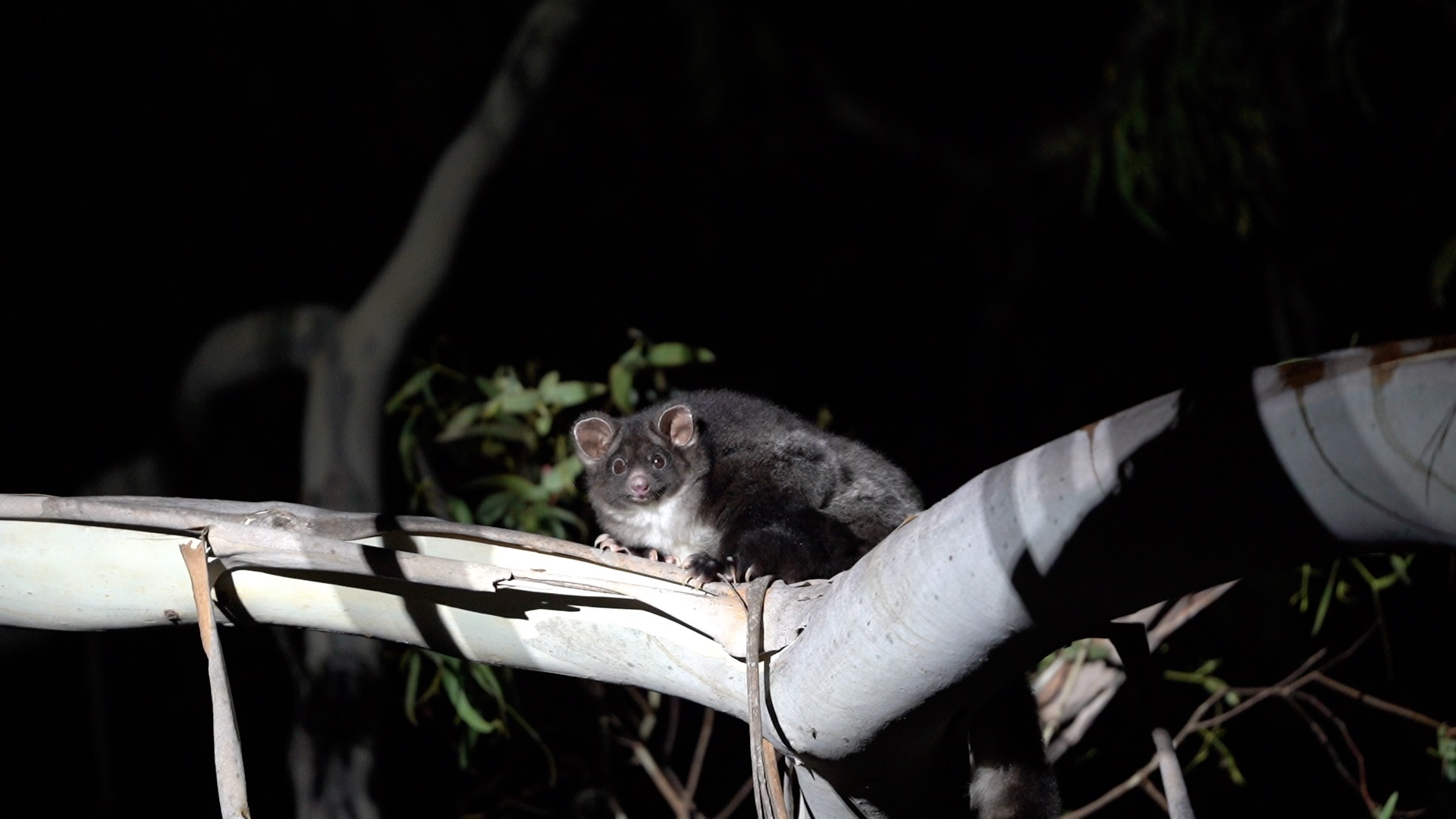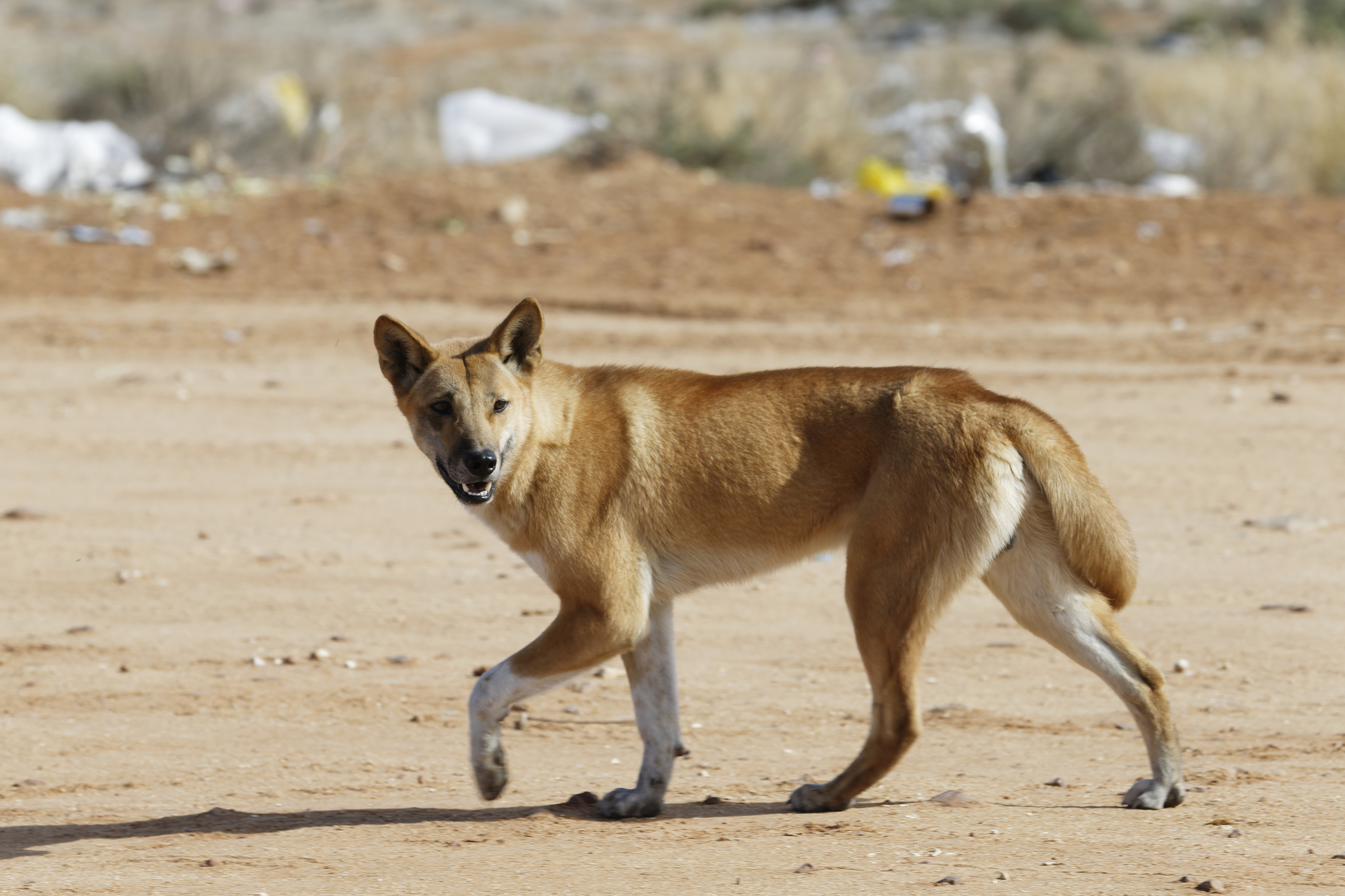Five hours south of Sydney, in the high country of south-east New South Wales, Glenbog State Forest sits quietly on the edge of the escarpment. At first glance, it looks like many other native forests. But Glenbog is not just any forest. It is one of the few remaining high-elevation “cloud forests” in southern NSW. These are places where geography...
This is a rejection of once-in-a-generation opportunity to end slaughter at sea, says Humane Society International
(11 June 2024)―As news breaks that Iceland’s Food, Agriculture and Fisheries Minister Bjarkey Olsen Gunnarsdóttir will renew a one-year commercial whaling licence to whaling company Hvalur hf., despite clear evidence of immense animal suffering, global animal protection charity Humane Society International calls it a devastatingly disappointing decision.
An independent report published last year by the Icelandic Food and Veterinary Authority revealed some whales killed in Icelandic hunts had taken up to two hours to die, with 41% of whales suffering immensely before dying for an average of 11.5 minutes. Such suffering was deemed in contravention of the country’s Animal Welfare Act.
Adam Peyman, director of wildlife programs at Humane Society International, said: “It is devastatingly disappointing that Minister Gunnarsdóttir has set aside unequivocal scientific evidence demonstrating the brutality and cruelty of commercial whale killing and allowed whales to be killed for another year. There is simply no way to make harpooning whales at sea anything other than cruel and bloody, and no amount of modifications will change that. Whales already face myriad threats in the oceans from pollution, climate change, entanglement in fish nets and ship strikes, and fin whale victims of Iceland’s whaling fleet are considered globally vulnerable to extinction. With the need for whale protection so critical. This is a rejection of a once-in-a-generation opportunity to end the slaughter at sea. There is a new shameful entry in the conservation history books―Iceland had a chance to do the right thing and it chose not to.”
“It is an undeniable fact that killing whales is inhumane, and killing fin whales, the second largest whales on earth, comes with immense cruelty. The Icelandic government has documented and acknowledged this. Their decision to allow the killing of 128 fin whales in 2024 for the commercial gain of one company is inexcusable. It receives condemnation from around the world,” said Nicola Beynon, Head of Campaigns, Humane Society International Australia.
Fast facts:
- The International Whaling Commission agreed to enact a global moratorium on all commercial whaling in 1986.
- Iceland left the IWC in 1992 but returned in 2002 with an exception to the moratorium, despite objections from multiple nations. Since re-joining the IWC, Iceland had killed more than 1,500 whales, including fin whales.
- Iceland suspended hunting fin whales in 2016 due to a declining market for whale meat in Japan. Hunting resumed for the 2018 season when 146 fin whales were killed, including a pregnant female and a rare fin-blue hybrid whale, plus six minke whales. Icelandic whalers killed a single minke whale between 2019 and 2021, and 148 fin whales in 2022.
- Fin whales are classified by the International Union for the Conservation of Nature as globally vulnerable to extinction despite decades of recovery since the commercial whaling moratorium.
ENDS
For comment contact Nicola Beynon, Head of Campaigns, Humane Society International Australia: 0415954600


